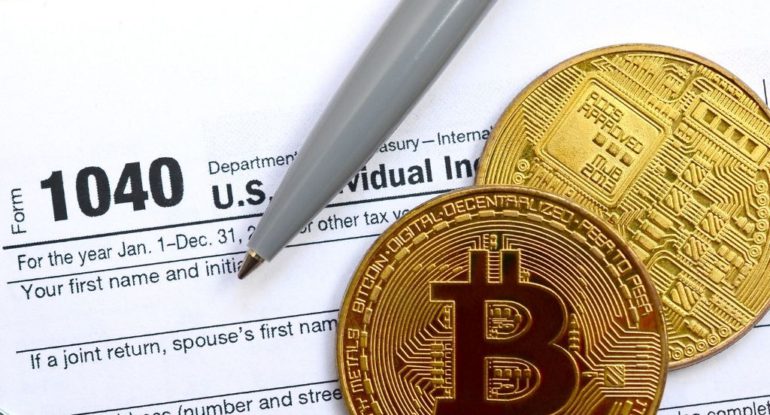Answering 5 Burning Questions Regarding NFT Tax

Do you know anything about NFT tax? Thanks to widespread usage worldwide and record-breaking bitcoin prices last year, “NFT” became the undisputed cryptocurrency buzzword of 2021, and Collins Dictionary officially recognized it. NFTs are owned by over 1.5 million people and are worth over $12 billion. If you are one of those persons or made an NFT, your ape-themed avatar this year might impact your taxes. To get you up to speed, consider the following:
Describing NFT
NFTs (“non-fungible tokens“), as opposed to “fungible” assets like dollar bills, are digital assets where each token is unique and cannot be copied. Each NFT is distinct, making it feasible to authenticate ownership of digital products like artwork, records, and virtual properties. NFTs are verified and stored on Ethereum and other blockchains.
Where can I buy NFTs?
Connect to a self-custody wallet like Metamask to purchase NFTs on particular marketplaces. To buy NFTs, you must first add the relevant cryptocurrency to your self-custody wallet, such as ETH for Ethereum or SOL for Solana.
Describe NFTs Tax.
NFTs can be used to buy digital goods and art on the blockchain. Aside from reading this brief, you should consult your tax advisor because the IRS has not yet offered any advice relating to NFTs. However, some factors to remember regarding the implications: what you did with your NFTs and whether or not you invested in them.
For investors in NFT
If you decide to sell or trade your NFTs, your capital gains will often be taxed akin to that of more conventional capital assets like stocks, bonds, or real estate.
📗Click the link in our bio to learn how you can avoid future problems regarding your NFT taxes. Call us at 866-517-3770 with any questions.
🔗https://t.co/vKxTQxop0S#silvertaxgroup #taxsolutions #taxattorney #irsproblems #taxauditdefense pic.twitter.com/2LjhmVUskg— sivertaxgroupattorneys (@sivertaxgroupa1) July 25, 2022
How do I pay my NFT taxes?
Contrary to popular belief, exchanging cryptocurrency for NFTs is not equivalent to exchanging cash for fine art. You can purchase NFTs using the proceeds from the sale of cryptocurrencies. Therefore the transaction will either result in a profit or a loss for you.
According to the IRS, this is a two-step process: Initially, you must sell your cryptocurrency, which is taxed as a capital gains transaction and then use the proceeds of that sale to buy an NFT. The amount of tax depends on several factors, including how long you owned the cryptocurrency, your yearly income, and how much you made or lost from the transaction. There are no capital gains when you pay cash for an NFT.
For NFT Creators
If you earn money from the sale of an NFT, you must report it on your tax return and pay the standard income tax rate. Self-employment tax might be applicable if the NFT was made for work.
How am I taxed if I mint an NFT?
You do not have to pay because you are an NFT creator. Nothing you do on an NFT-compatible blockchain (like Ethereum) is subject to taxation, even if you produce digital content or works of art that others can appreciate.
How do I pay taxes when I sell an NFT that I made?
The sale of an NFT you created is subject to standard income tax rates of taxation (along with self-employment tax rates if making that NFT was part of your profession or business).
How do I pay taxes on the royalties from my minted NFT?
If an NFT was created for your business or profession, royalties received in cryptocurrency for its creation are subject to self-employment tax in addition to ordinary income tax.
Also, read – What Are The Legal Risks And Issues With NFT Investment?
Do I receive any tax documents from my NFT marketplace?
That isn’t always the case. You could not receive a tax form about your NFT transactions on an NFT marketplace because there are no IRS regulations on reporting digital assets. Examine the details offered by your marketplace; they may provide the information you need to complete your tax return.
No matter which marketplace you use, keep accurate records of your purchases and sells since you must report your transactions to the IRS when submitting a tax return.




























































